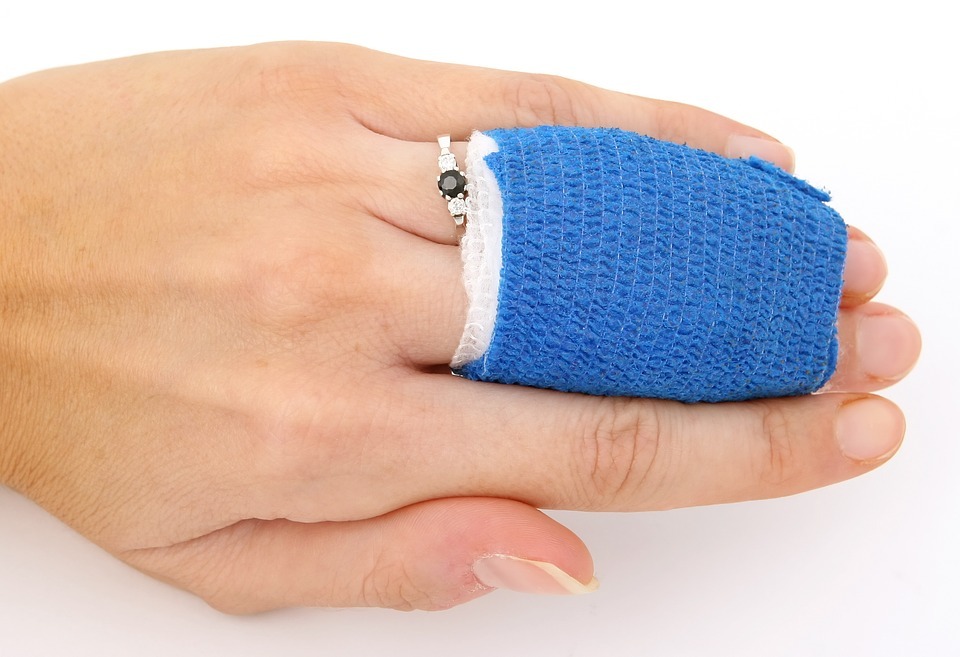Statistics show that around six million Americans experience a broken bone every year. Regardless of the severity of your fracture, your bone may need quite some time to heal. There are a number of factors that influence how quickly and efficiently your bone can go through the healing process, and you surely want to take the quickest recovery path.
One of the key components of a healthy bone recovery is a well-thought diet. By combining certain foods and dietary supplements, you increase the quality of your healing process.
Bone Health-Friendly Diet
Here’s a list of foods and supplements to help heal your bone fracture naturally and as quick as possible.
Protein
Proteins are a large percentage of your bone structure makeup. Therefore, it’s important to make sure you consume enough protein during your recovery. Amino acids are the building blocks of proteins, so when you follow a protein-rich diet, you have enough compounds to repair your fracture. Common forms of amino acids include arginine, lysine, cysteine, and glutamine.
Popular protein-rich foods include, but are not limited to:
- Dairy (yogurt, cheese)
- Nuts
- Beans
- Lean meats (chicken, red meat)
When it comes to protein intake, it’s always possible to go overboard. Even though you’re trying to repair a broken bone, make sure you base your protein intake on personal characteristics like your body type. Health experts recommend multiplying your weight by 0.36 for the perfect amount of protein.
Remember that we are all structured differently, and our bodies may need very different things in order to function at their maximum potential.
Vitamin C
When your bone breaks, the damaged tissue creates free radicals. When this occurs, you need to increase your antioxidant intake. An efficient way to increase your antioxidant levels is with vitamin C.
Not only is vitamin C one of the most powerful antioxidants, but it’s also essential for rebuilding damaged tissue. You’ll also need it to increase collagen production. Collagen plays a vital role in bone health, so you’ll need a surplus of vitamin C to produce enough of it to heal your broken bone.
You can find vitamin C in many foods:
- Oranges
- Limes
- Lemons
- Broccoli
- Spinach
- Tomatoes
Remember that heating your food takes away from its nutrient content, so it’s best to consume these foods fresh and raw. Try to avoid the microwave as much as possible.
Calcium
It’s hard to think about healthy bones without mentioning calcium. It’s something most of us get to hear from a very young age. What’s for sure is that calcium keeps your bones strong.
As one of the main minerals in your bones, you’ll want to make sure you incorporate calcium-rich foods into your diet during recovery. On average, every adult requires around 1,000 milligrams a day for optimal functioning. When you’re healing, your body pulls excess calcium to repair the fracture, which must be replaced by calcium from your diet.
Dairy, leafy greens, and seafood are packed with calcium. Make sure you also increase your magnesium intake as those two are interdependent, meaning they work together for proper functioning.
In addition to incorporating the previously mentioned foods into your diet, it’s wise to take supplements that match your body’s needs. Supplements improve and expedite the healing process, given that they fill nutritional gaps, especially if your injury causes a loss of appetite. They also impact the effectiveness of other medications.
Speak to your healthcare provider before taking any supplements. Make sure that your body benefits from a full analysis and follow a medically advised plan for your supplements intake.
The Bottom Line
To encourage muscle repair during recovery, be sure to regularly consume protein, vitamin C, and calcium. While eating helps with your recovery process, it’s best to rest broken bones. Any exercise you do must be approved by your healthcare provider. If your fracture results in time off of work, seek legal help. A lawyer can help ease up the financial burden of rehabilitation after a broken bone injury.

